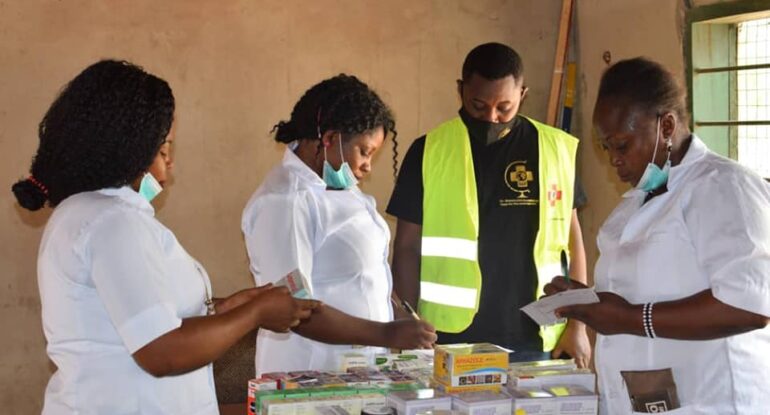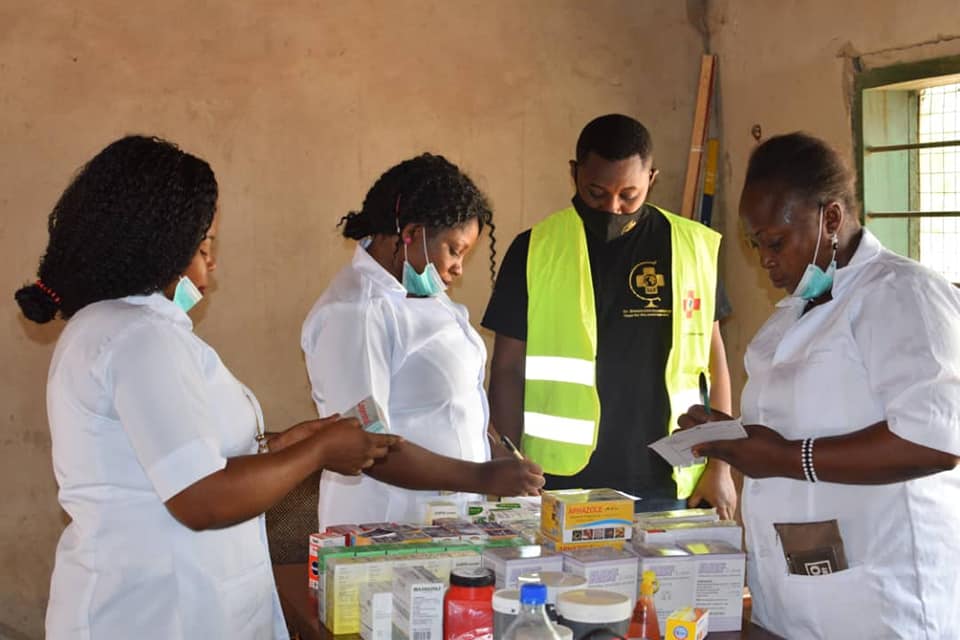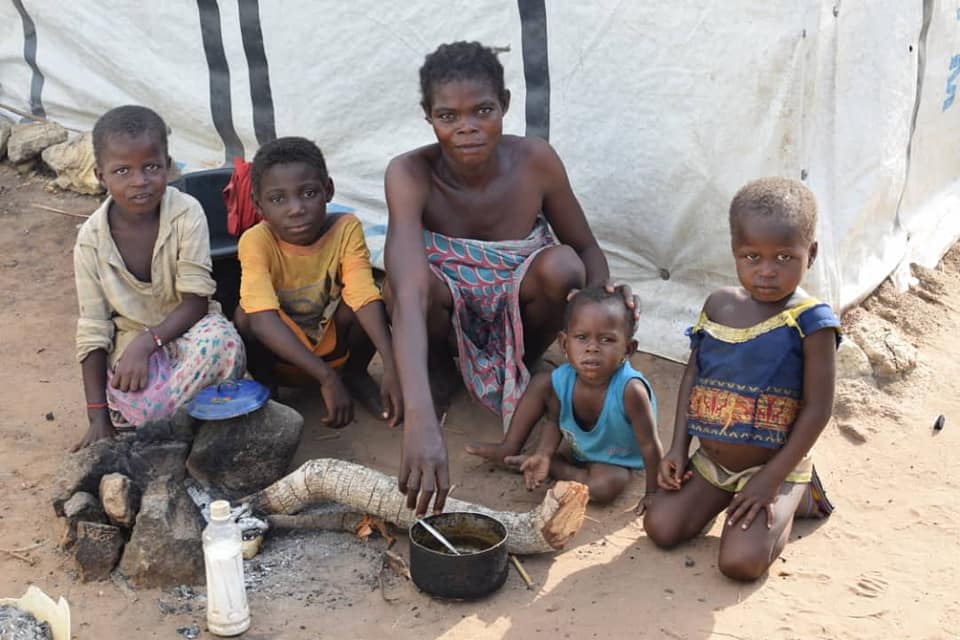-
-
-
#86 Captain Downes Road Adekaa Gboko Benue State
x
D
S
L
-
N
G
O







admin
minim veniam, quis nostrud exercitation ullamco laboris nisi ut aliquip ex ea commodo consequat. Duis aute irure dolor in reprehenderit in voluptate
admin
nostrud exercitation ullamco laboris nisi ut aliquip ex ea commodo consequat. Duis aute irure dolor in reprehenderit in voluptate